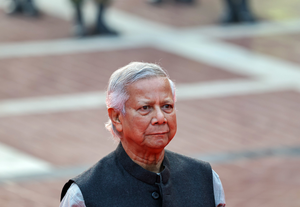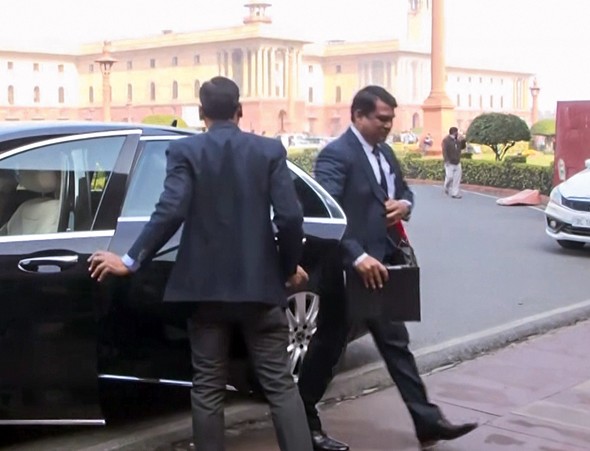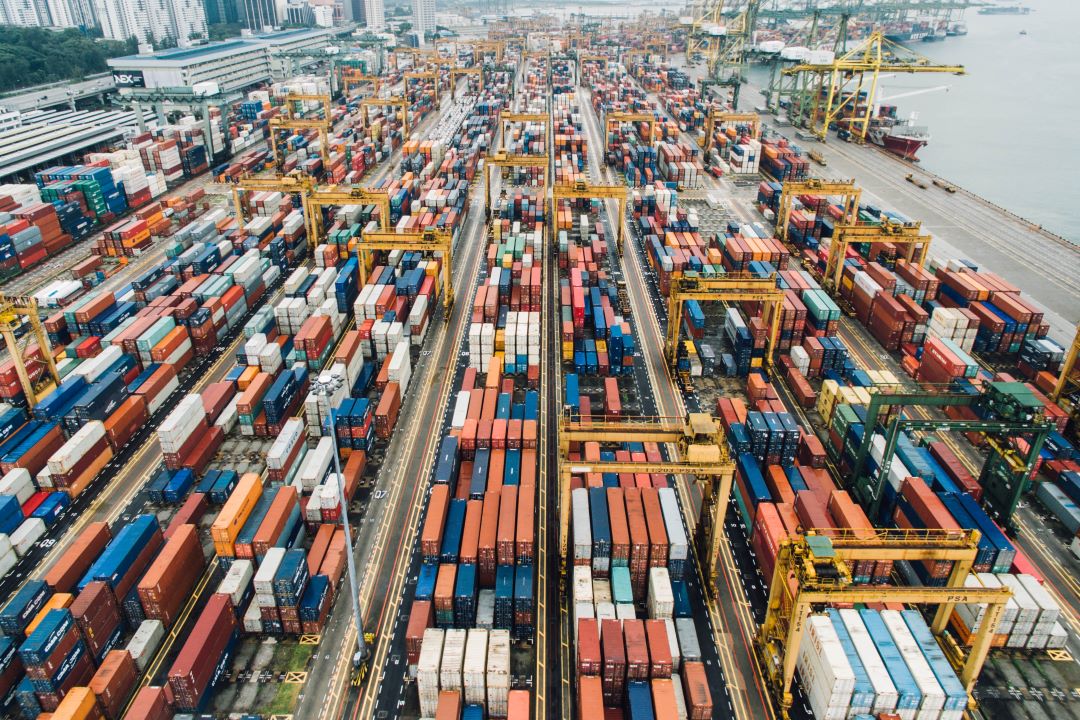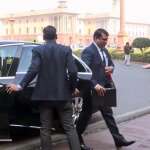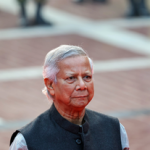Supradip Chakma, Adviser to Bangladesh’s Interim Government, expressed hope that the meeting between Modi and Yunus in Bangkok would definitely yield some good hope and aspiration for the two nations.
In a week marked by high-stakes diplomacy and domestic political manoeuvring, Bangladesh finds itself at a pivotal crossroads—balancing growing engagement with India, rekindled ties with Pakistan, and mounting pressure from the opposition Bangladesh Nationalist Party (BNP) for timely elections.
During the BIMSTEC Summit in Bangkok, a significant meeting took place between Indian Prime Minister Narendra Modi and Bangladesh’s Chief Advisor Muhammad Yunus. Supradip Chakma, Adviser to the interim government, described the encounter as “very positive” and suggested that it would yield “good hope and aspiration” for both nations. Emphasising the historic partnership between India and Bangladesh, Chakma noted that the two countries must continue to remain “hand in hand” to further strengthen relations.
India has reiterated its support for a democratic, inclusive and peaceful Bangladesh. However, Prime Minister Modi also raised concerns over the safety of minorities—particularly Hindus—in Bangladesh, urging that the cases of atrocities against them be properly investigated. Chakma, who is himself from a minority community, responded by calling for the majority community in Bangladesh to “adopt a positive attitude” and play a proactive role in creating confidence among minorities.
Beyond the Indian engagement, the Yunus-led interim government is also opening a new chapter with Pakistan. For the first time in 15 years, a high-level Pakistan-Bangladesh Foreign Office Consultation (FOC) is taking place in Dhaka. Pakistan’s Foreign Secretary Amna Baloch arrived on Wednesday for talks with her Bangladeshi counterpart Jasim Uddin at the Padma state guest house. Officials from both sides said the dialogue would cover the full range of bilateral issues, from unresolved matters stemming from the 1971 Liberation War to areas of potential cooperation.
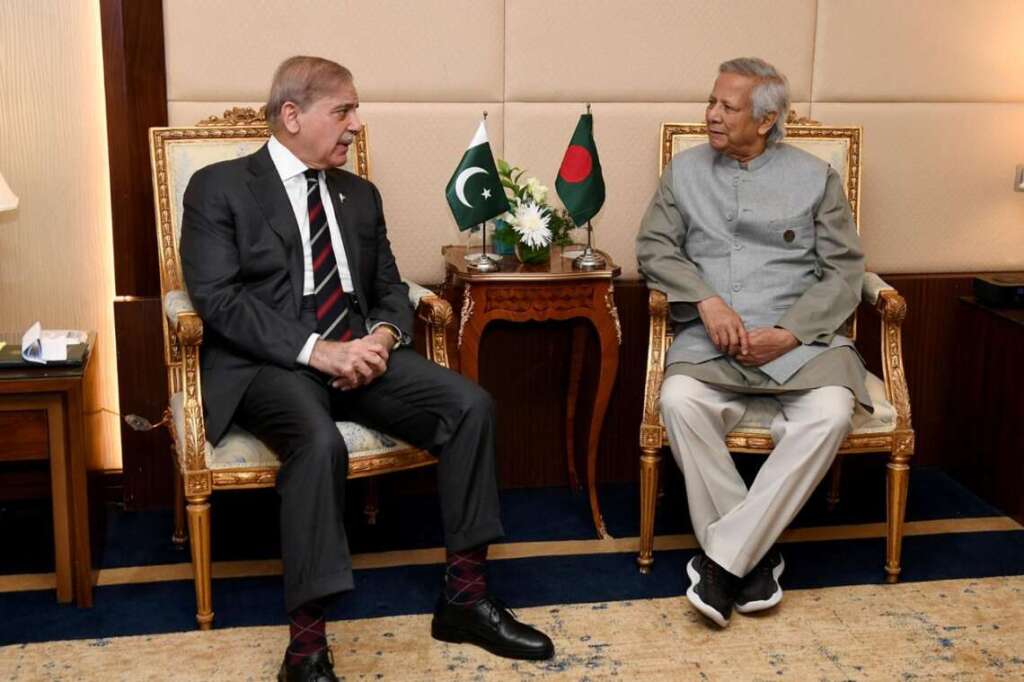
The renewed outreach follows several diplomatic and military-level contacts in recent months. In January, a Bangladeshi military delegation visited Rawalpindi and met with the heads of Pakistan’s army, navy and air force. Four top officials of Pakistan’s ISI, including its Director General of Analysis, also visited Dhaka earlier this year, signalling a potential thaw in historically tense ties. These developments come after Yunus and Pakistani Prime Minister Shehbaz Sharif met at the UN General Assembly in New York last September, where both agreed to strengthen bilateral relations.
The real pressure, however, is coming from within. On Wednesday, the opposition BNP, which played a key role in the anti-Hasina movement last year, met with Yunus to demand clarity on the timeline for national elections. While Yunus had earlier announced polls would be held between December 2025 and June 2026, the BNP insists the deadline must not be pushed beyond December this year.
BNP Standing Committee member Salahuddin Ahmed said the party urged the interim leadership to hold a press conference reaffirming its electoral commitment and direct the Election Commission to begin full preparations. “We’ll remind the Chief Advisor of his promise… If there’s no consensus, we’ll go to the streets,” he warned.
The party has already outlined a string of mass mobilisation campaigns, including rallies, marches, and grassroots events. Internal sources say there is deep concern about an ongoing campaign to extend the interim government’s tenure beyond its intended mandate.
BNP leader Mirza Abbas was more blunt, warning that attempts to keep Yunus in power for five years would “damage his reputation and harm the country.” Meanwhile, the interim government’s advisors have made conflicting statements—some suggesting that the public wants Yunus to remain, others going as far as to call his appointment the outcome of a mass uprising.
Acting BNP Chairman Tarique Rahman, in a recent party meeting, lashed out at what he called “elite reformists” who are pushing changes while holding power and enjoying state privileges. He dismissed their efforts as disingenuous, highlighting that true reform cannot come from within the current structure.
As the unity that brought down the Awami League government begins to show cracks, Bangladesh’s political future remains delicately poised. With the country re-engaging diplomatically on multiple fronts and the clock ticking on democratic expectations, the coming months could well define the long-term stability and direction of this South Asian nation.




